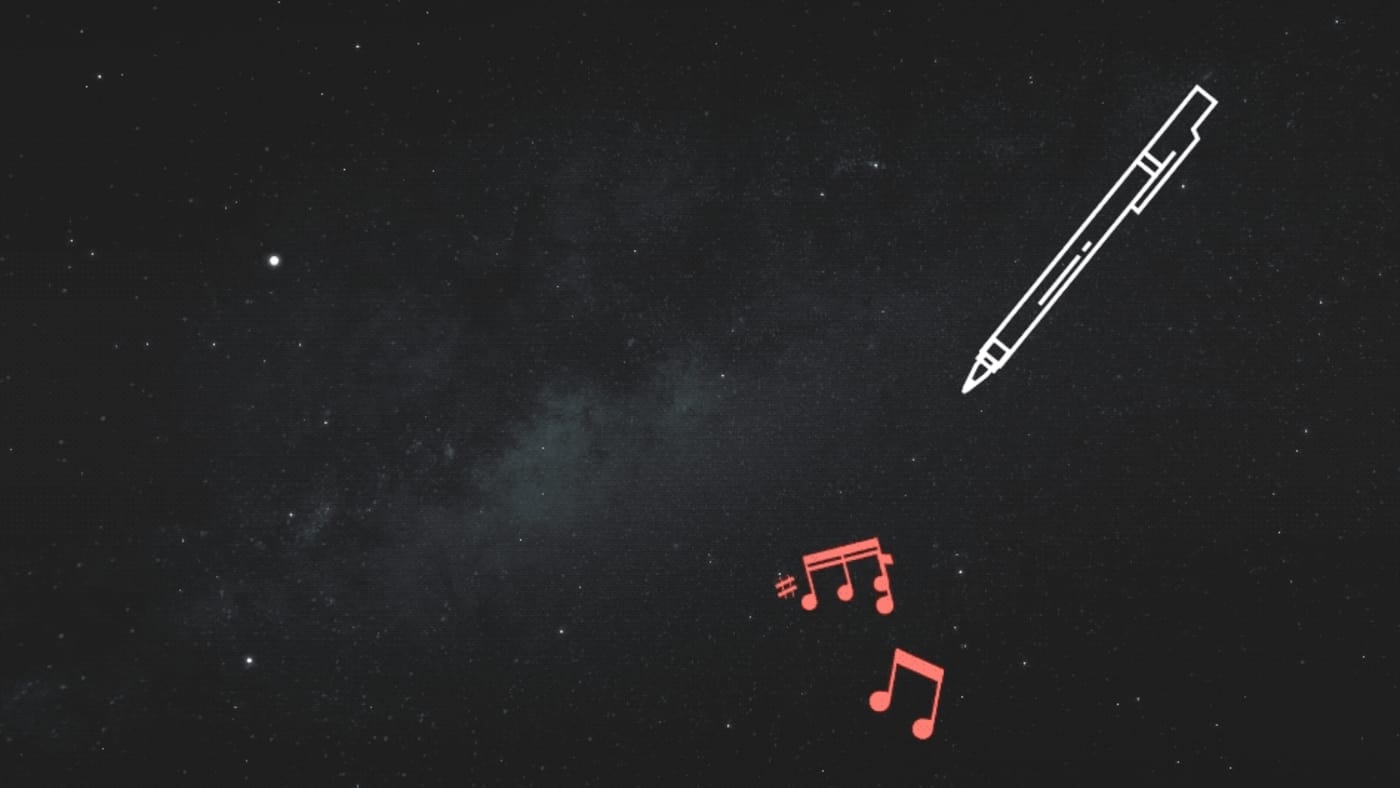This artificial intelligence app wants to make beautiful music with you
If you wander through this world with a song in your heart and a tune on the tip of your tongue, Amadeus Code might be able to help you turn it into beautiful music. The app uses artificial intelligence to help songwriters move from inspiration to musical masterpiece.
After being in a limited beta run, Amadeus Code has just opened up to the public, ready to turn would-be artists into hit-making musicians.
How it works: Amadeus Code’s AI churns through music libraries, breaking down music into tiny units and looking for patterns. When a songwriter uses the app, the AI can then pull up those patterns and suggest new notes, slowly building the composer’s melodies into music.
“AI has this peculiar ability to find novel solutions—some successful, some not so much,” says Amadeus Code cofounder Taishi Fukuyama in a statement. “These are suggestions which a composer can take or leave. Its decisions can spark a new idea for a composer, getting her into new creative territory.”
The latest version of the app comes with a new feature—the Harmony Library, which lets users search for inspiration in Spotify’s library, specifically its chord progressions. If inspiration strikes when you’re listening to, say, Avenged Sevenfold, the app will take the song’s chord progression and generate an infinite number of melodies on top of the chords. Users can then tweak, dissect, and rebuild those melodies into their own compositions.
It’s not copying per se, but instead falls into the age-old musical tradition of creating a new song inspired by someone else’s work, like how Lana Del Rey was inspired by Radiohead. (And if the artist disagrees that the song was substantially transformed, you can always blame the AI.)
Fukuyama hopes that songwriters won’t let the app do their work for them, though: “We hope that users will complete the work started by Amadeus Code by telling their own unique stories, which will continue to be what makes music truly irreplaceable by artificial intelligence.”
(31)



